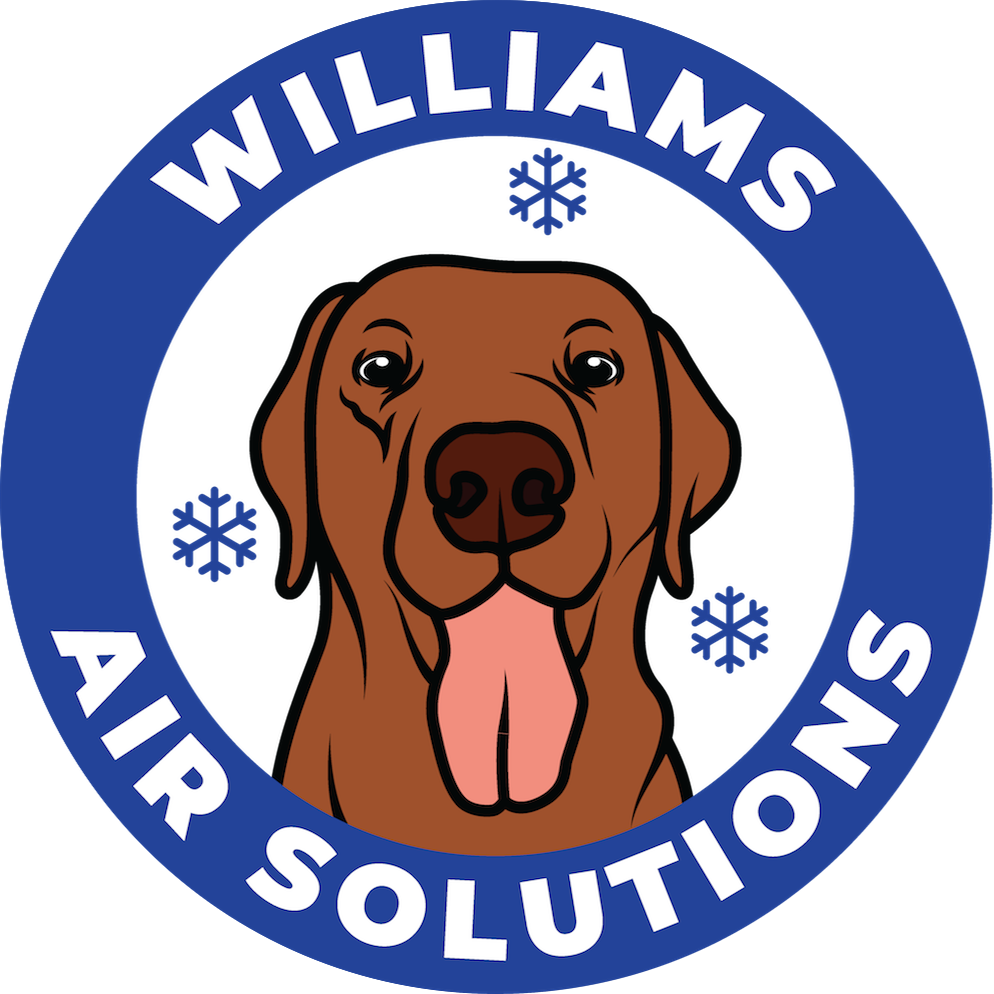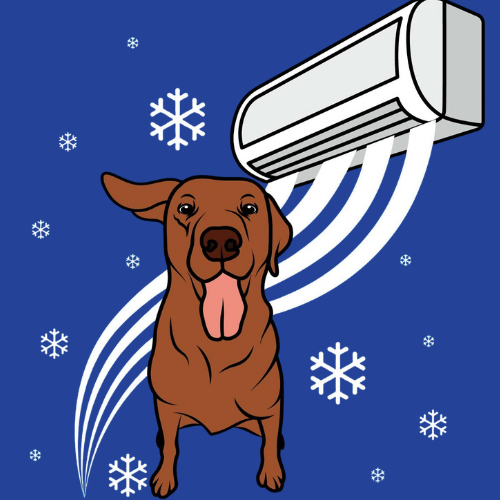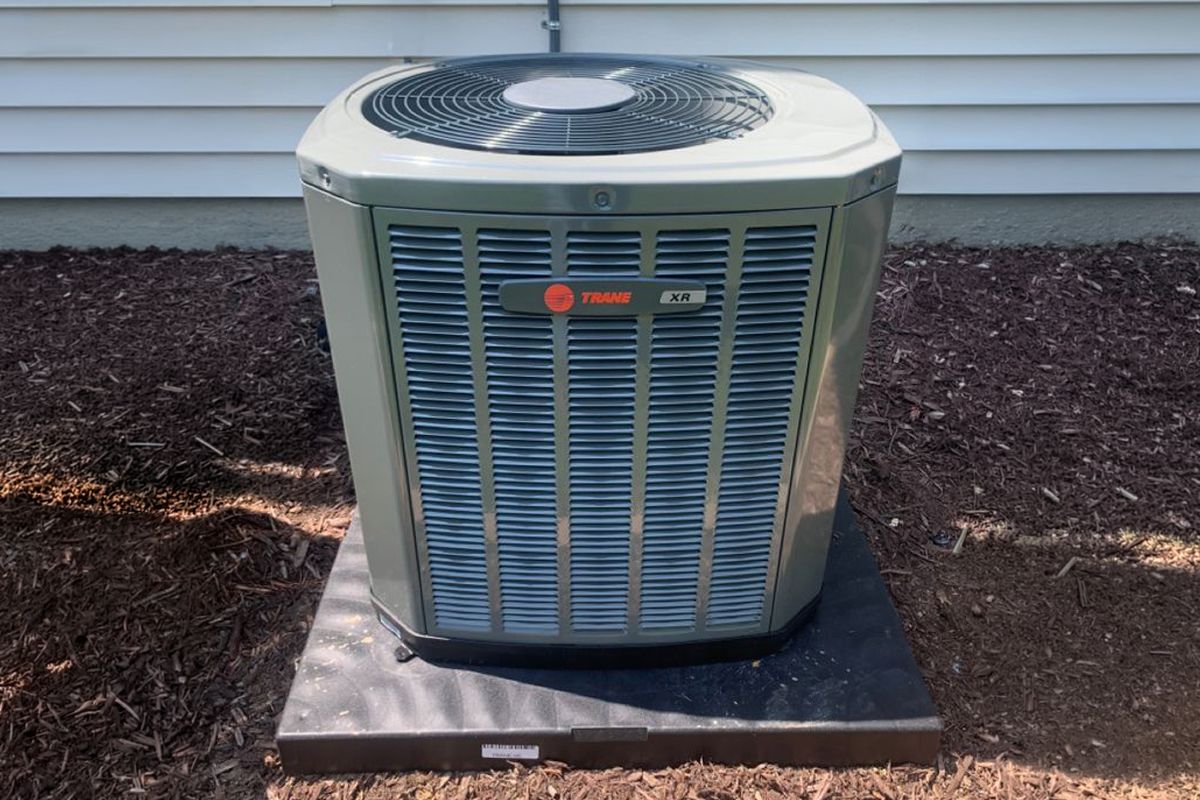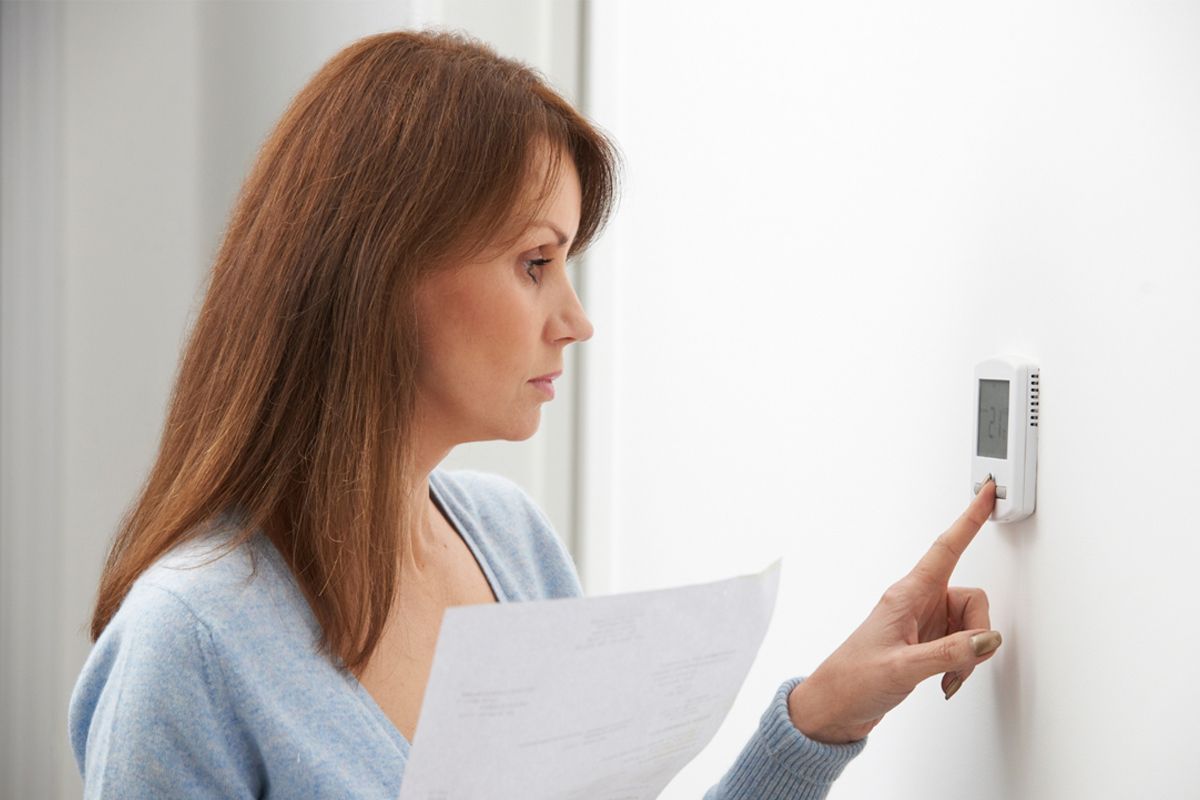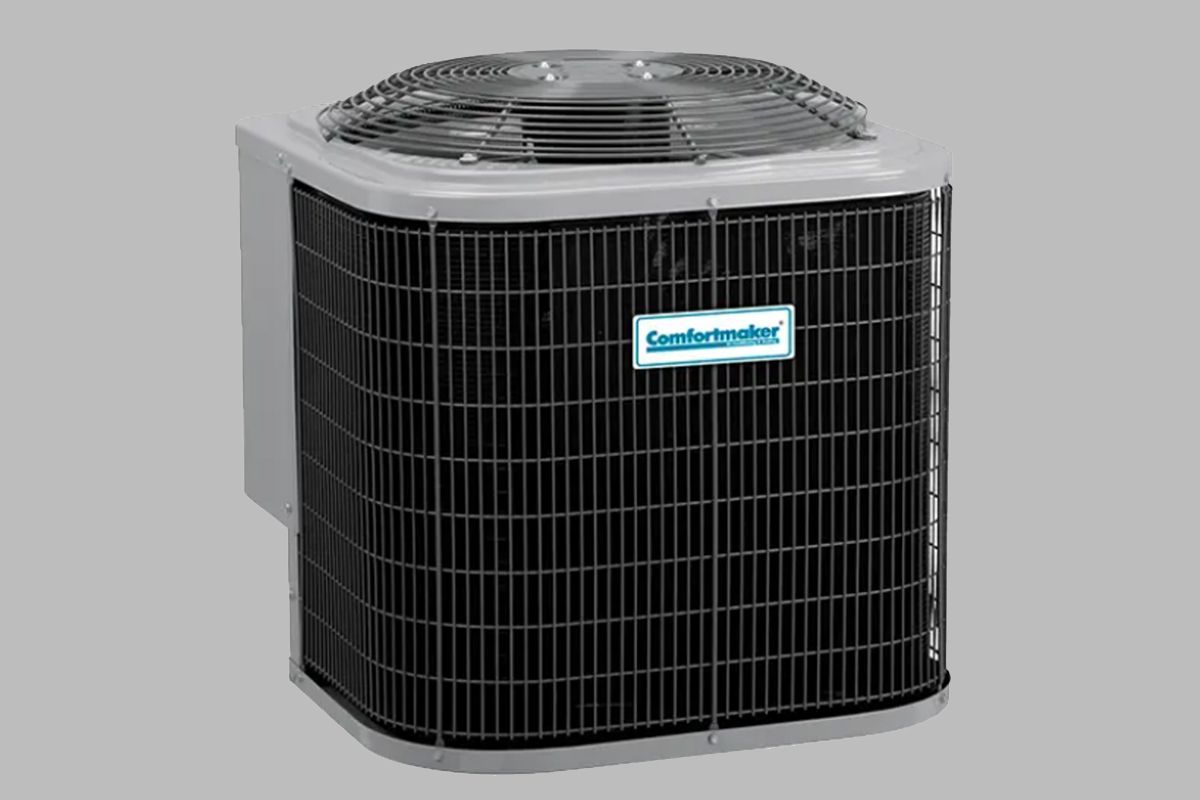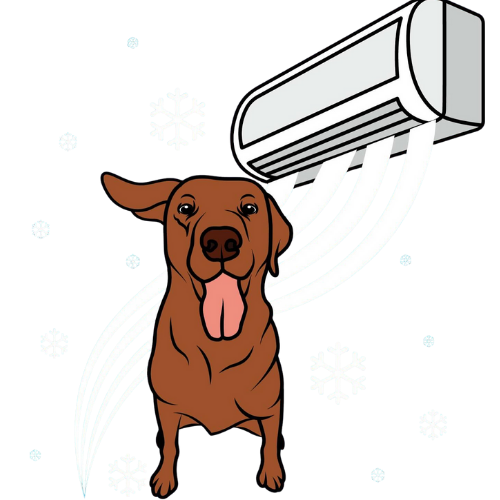Do You Need Zoned HVAC in a High-End Home With Two or More AC Systems?
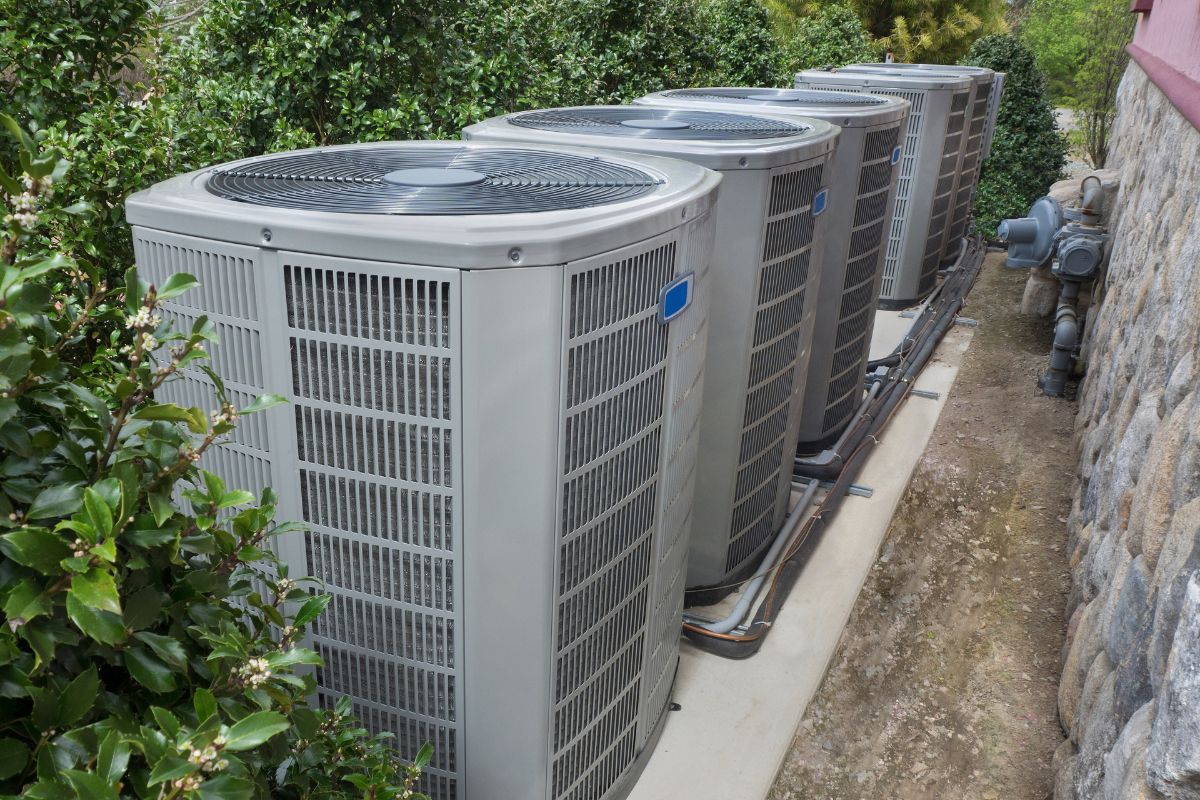
High-end Florida homes often rely on two or more AC systems to keep every space cool. But without zoning, energy gets wasted, and comfort isn’t always balanced. At Williams Air Solutions, we specialize in designing and installing zoned HVAC systems that give homeowners precise control over temperature in every part of the house.
If you own a large home in Belleair, Clearwater, or throughout Pinellas County, zoning may be the key to comfort and efficiency.
What Is Zoned HVAC?
Zoned HVAC divides your home into separate areas, or “zones,” each controlled by its own thermostat. Dampers installed in the ductwork open or close as needed, directing airflow only where it’s required.
This allows you to:
- Cool or heat only occupied areas
- Set different temperatures for different spaces
- Reduce wasted energy in unused rooms
- Improve overall comfort and air distribution
Benefits of Zoned HVAC for High-End Homes
- Greater Comfort: Keep bedrooms cooler at night while maintaining ideal temperatures in living areas.
- Lower Utility Bills: Avoid cooling empty spaces — zoning can cut energy use by 20–30%.
- Extended System Life: Reduced strain on AC units helps them last longer.
- Smart Home Integration: Many zoning systems connect seamlessly with smart thermostats for even more control.
- Tailored for Large Homes: Perfect for residences with multiple levels, wings, or expansive square footage.
Is Zoning Right for Your Home?
You may benefit from a zoned system if:
- You have two or more AC systems working to cover the same home.
- Certain areas of your home are consistently too hot or too cold.
- You own a multi-story property, where heat rises unevenly.
- Parts of your home, like guest rooms, are often unused.
- You’re looking to lower your monthly energy bills without sacrificing comfort.
Questions Homeowners Ask About Zoned HVAC
Can zoning work with my existing AC systems?
Yes. Zoning can often be added to existing systems, though in some cases new equipment may provide better results.
How many zones can I have in my home?
Most systems allow 2–8 zones, depending on your home’s layout and HVAC setup.
Does zoning require multiple thermostats?
Yes. Each zone is controlled by its own thermostat, giving you precise control.
Is zoning worth the investment?
For large or high-end homes, the energy savings and comfort improvements typically pay for themselves within a few years.
How long does installation take?
Most zoning installations are completed in 1–2 days, depending on system complexity.
Smarter Comfort for Your Luxury Home
If your large Florida home relies on multiple AC systems, zoning could be the key to unlocking comfort, efficiency, and savings. At Williams Air Solutions, we design and install customized zoned HVAC systems tailored to your home’s unique layout and needs.
Call Williams Air Solutions at (727) 353-0090 today to schedule a zoning consultation and learn how to get the most from your HVAC systems.
